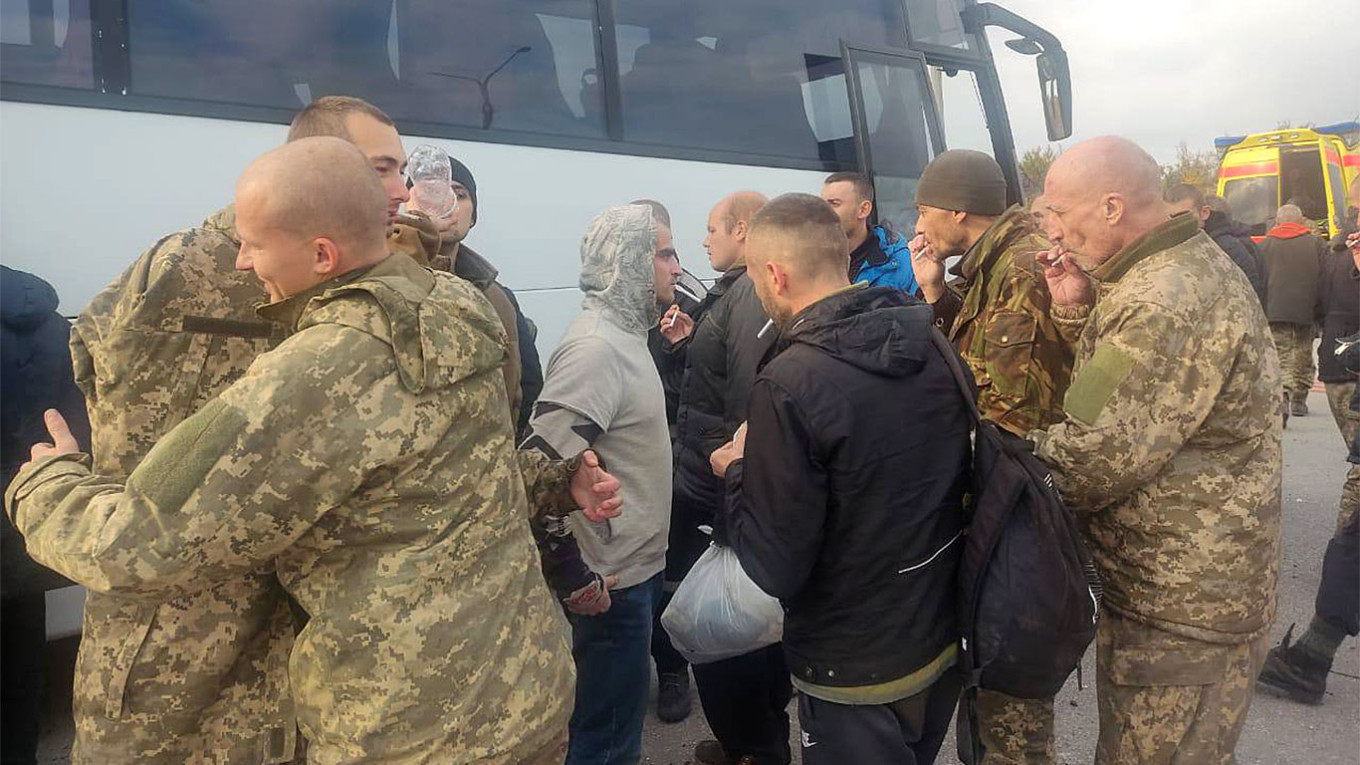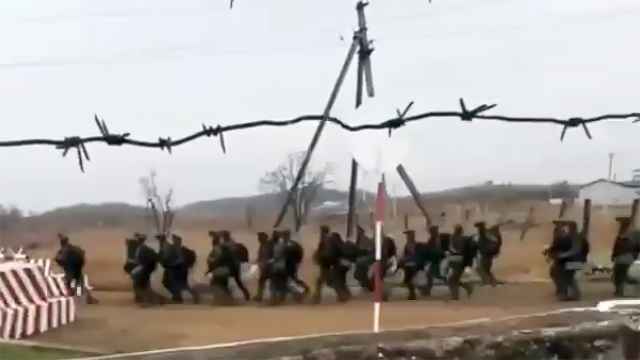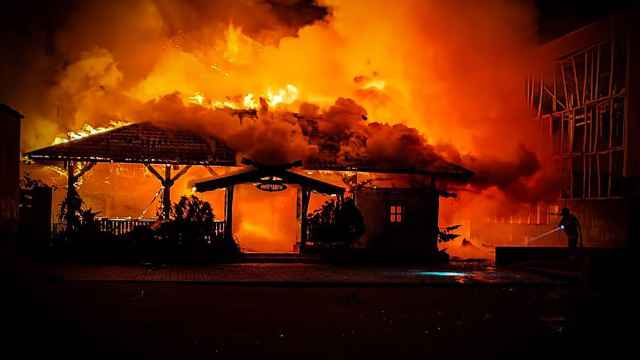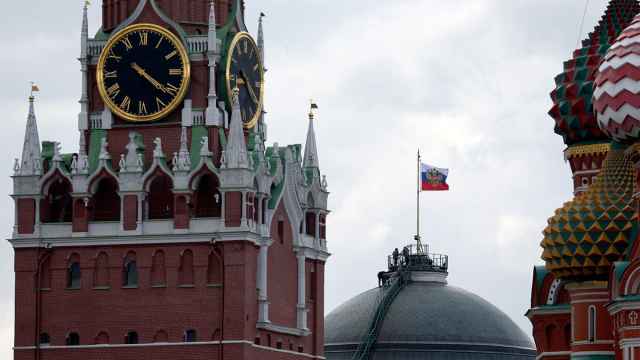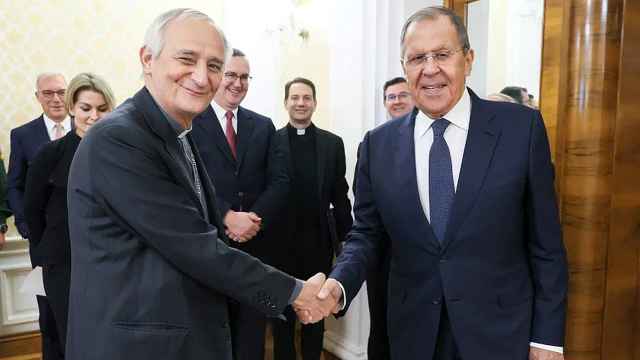Russia and Ukraine over the weekend announced a fresh prisoner exchange involving 50 captives on each side.
Unlike previous exchanges carried out since the Russian invasion, the prisoner swap was made public by both Moscow and Ukraine on Saturday.
Russia’s military said its 50 soldiers returned from Ukraine had been “in mortal danger in captivity” and will undergo medical and psychological rehabilitation in Moscow.
Andriy Yermak, the head of Ukraine’s presidential administration, said the 52 Ukrainian soldiers returned from Russian-held territory included officers, medics and soldiers involved in key events during Russia’s invasion of Ukraine.
Among them is the chief surgeon of a hospital in the southern port city of Mariupol, which Russian forces largely reduced to rubble in one of the most brutal battles in the war.
The surgeon was also involved in the defense of the sprawling Azovstal steel plant, a focal point of the Russian siege where Ukrainian forces and civilians took refuge for weeks before finally surrendering or evacuating.
Yermak said Ukraine had also returned a sailor who had been stationed at Snake Island, a strategic Black Sea outpost which Russian forces abandoned after capturing it early in the invasion.
A Ukrainian sailor was also reunited with his wife, who was part of the previous — and first all-female — prisoner exchange on Oct. 17.
“We still have a lot of work, but we have an important result,” Yermak wrote on the Telegram messaging app.
Denis Pushilin, head of the pro-Russian separatist Donetsk region in eastern Ukraine, said the swap included seven residents of Donetsk and two from neighboring separatist-controlled Luhansk.
Russia and Ukraine carried out five prisoner exchanges in the month of October.
A Message from The Moscow Times:
Dear readers,
We are facing unprecedented challenges. Russia's Prosecutor General's Office has designated The Moscow Times as an "undesirable" organization, criminalizing our work and putting our staff at risk of prosecution. This follows our earlier unjust labeling as a "foreign agent."
These actions are direct attempts to silence independent journalism in Russia. The authorities claim our work "discredits the decisions of the Russian leadership." We see things differently: we strive to provide accurate, unbiased reporting on Russia.
We, the journalists of The Moscow Times, refuse to be silenced. But to continue our work, we need your help.
Your support, no matter how small, makes a world of difference. If you can, please support us monthly starting from just $2. It's quick to set up, and every contribution makes a significant impact.
By supporting The Moscow Times, you're defending open, independent journalism in the face of repression. Thank you for standing with us.
Remind me later.


